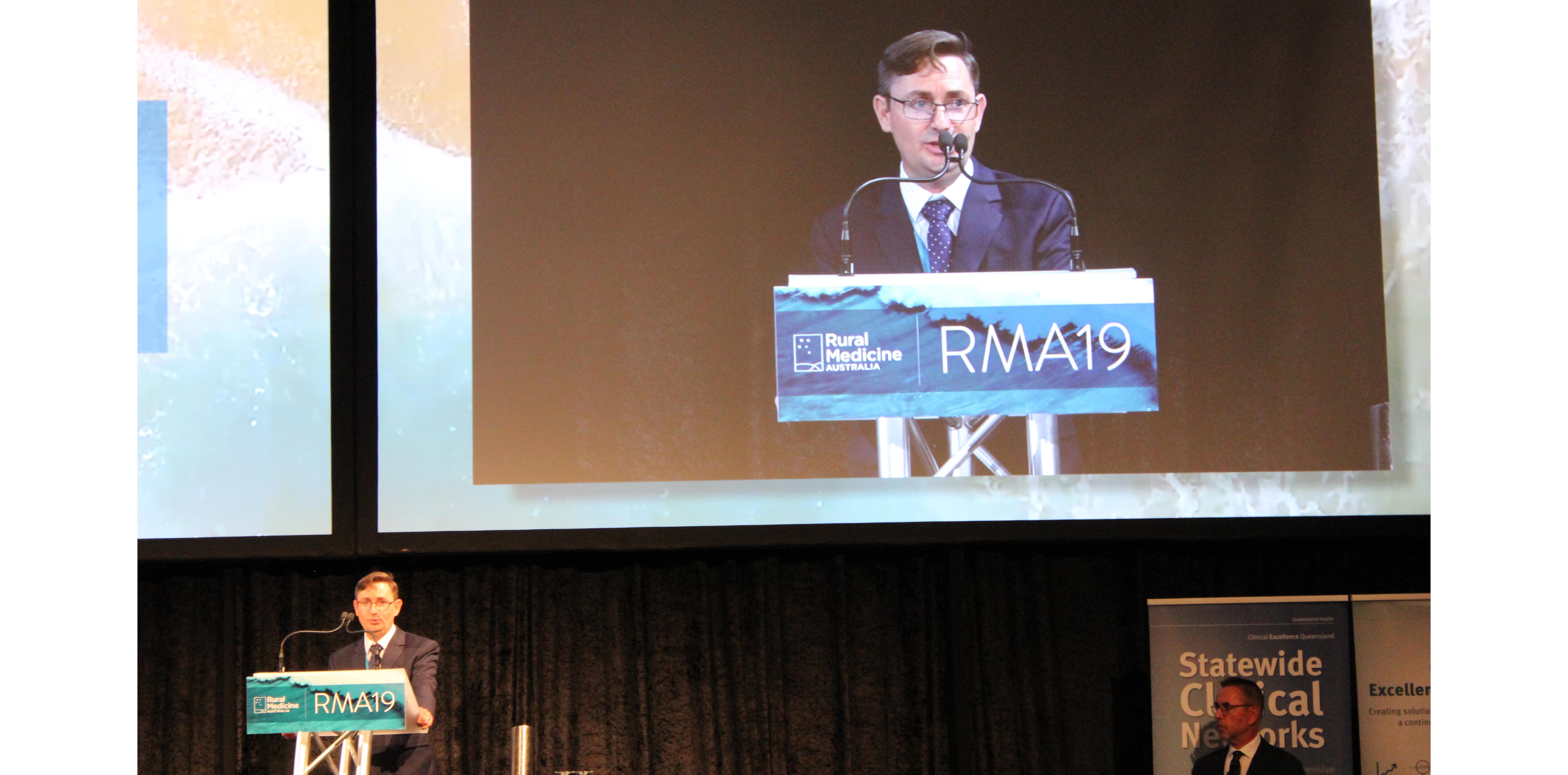The RDAA's Dr John Hall wants to see maternity services in the bush protected, strengthened and re-opened
Ensuring women can continue to give birth in the bush is a top priority for the recently elected president of the Rural Doctors Association of Australia (RDAA).
Dr John Hall, a rural generalist obstetrician from Queensland, took over the reins from immediate past president Dr Adam Coltzau at the Rural Medicine Australia (RMA) conference on the Gold Coast on Saturday.
Dr Hall was a founding member of the team behind the Queensland rural generalist pathway and served as the RDAA vice president from 2014-17 before becoming president-elect last year.
“We’ve seen over 130 rural birthing units closed in the last 15 years and that has a significant knock on effect for country towns,” Dr Hall told The Medical Republic.
In his experience, towns that lost their birthing services often went on to lose surgical services and eventually their emergency capabilities.
“I’ve fought this fight for many years in Queensland, but now I’m looking to take that fight federal and we know that there’s many hotspots around the nation where rural maternity services are under threat,” he said.
The solution to this problem could lie partially in the “rural generalist pathway” which will allow doctors to complete their training in rural and remote communities.
“This will produce more doctors with the right skills so that they can start these birthing units,” he said. “Often, the difficulty of recruiting doctors to these areas is what leads to the closures in the first place.”
The pathway, which will come to fruition in 2021, has already been guaranteed $62 million in funding from the federal government.
But Dr Hall said this money would only cover the start-up costs, and he hopes the government will commit to an ongoing investment in the program.
“For the rural generalist pathway to be implemented, ongoing and significant it’s going to require more investment from government,” he said.
Another area of focus for Dr Hall over the next two years will be focusing on supporting nurses and allied health to train and work in rural and remote setting alongside GPs.
“It’s really important that we have incentives and programmes for the whole team in health care and in particular nurses,” he said.
But this goal will be difficult for the RDAA, as nurses continue to be trained only in city and regional based hospitals.
“There needs to be better structured training for rural nurses and allied health because rural medicine and rural health is a very different ballgame compared to metro practice.”


